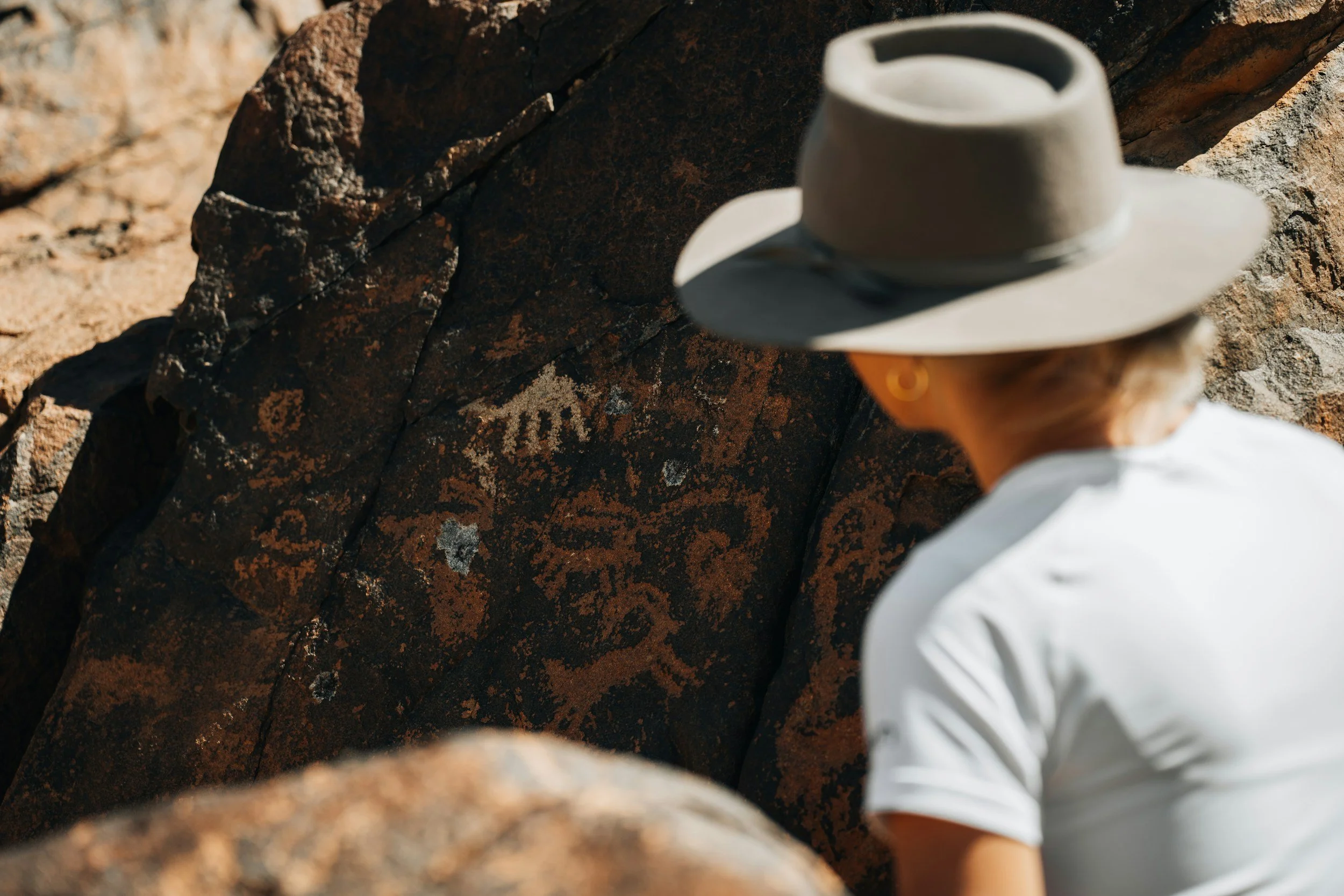Purpose - Digging up the Past
If you're fascinated by pirate treasure (like me), ancient civilizations (also like me), or dinosaurs (like my grandson), you may have thought about joining an archaeological dig. But how do you go about it? If you're not an expert and can't imagine spending months digging in the dirt, a shorter volunteer opportunity might just be enough to fulfill your curiosity and spark your imagination.
Volunteering on an archaeological dig offers a chance to step back in time, learn about history, and contribute to significant research efforts. Whether you're a history buff, an adventure seeker, or just looking for a unique travel experience, there are archaeological digs worldwide that welcome volunteers of all ages and backgrounds. Here are some exciting opportunities for aspiring diggers to get their hands dirty.
Location: Various global locations
Earthwatch offers a range of archaeological expeditions for volunteers interested in environmental conservation and historical preservation. Their projects are spread across multiple countries, including the United States, Europe, and Asia, and focus on themes like uncovering ancient civilizations, preserving cultural heritage, and studying ancient ecosystems. Earthwatch combines hands-on archaeology with broader scientific research, providing an immersive learning experience for participants.
2. Archaeological Institute of America (AIA)
Location: Worldwide
The AIA maintains a comprehensive directory of fieldwork opportunities in archaeology, open to professionals and volunteers. Many of the projects listed by AIA are accessible to beginners with no prior archaeological experience. Volunteers can choose from digs all over the world, including ancient ruins in Europe, prehistoric sites in Africa, and forgotten cities in the Middle East. The AIA's website is one of the best resources for finding updated volunteer opportunities in the field.
Location: Peru, Romania, Greece, and others
Projects Abroad offers archaeological volunteering programs in several countries, including Peru, Romania, and Greece. In Peru, for example, volunteers can assist in uncovering the secrets of the ancient Inca civilization by working on excavation sites around Cusco. In Romania, volunteers explore ancient Roman and Dacian ruins. These programs offer a blend of history, culture, and hands-on fieldwork, with no prior experience required, making them accessible to everyone, from first-timers to seasoned travelers.
4. The Global Heritage Fund (WHF)
Location: Asia, South America, and the Mediterranean
The Global Heritage Fund is committed to preserving endangered heritage sites in developing regions, and they often welcome volunteers to assist in this critical work. While their focus is on long-term preservation, they offer volunteer opportunities at archaeological digs and heritage sites in countries like China, Turkey, and Guatemala. These expeditions allow volunteers to make a meaningful impact by helping preserve cultural history while learning from archaeologists and other experts in the field.
5. Crow Canyon Archaeological Center
Location: Colorado, USA
For those interested in archaeology closer to home, Crow Canyon Archaeological Center in Colorado offers numerous programs that welcome volunteers to join digs, particularly those related to Ancestral Puebloan sites. Volunteers work alongside professional archaeologists in the American Southwest, excavating ancient dwellings and learning about the rich cultural history of the area. The center also offers educational programs, making it a great place for beginners to learn about archaeology.
6. ArchaeoSpain
Location: Spain and Italy
ArchaeoSpain offers archaeological dig opportunities in Spain and Italy, focusing on Roman and medieval sites. Volunteers can join projects like the excavation of ancient Roman baths or the search for relics from the medieval period. Their programs often last two to four weeks, and volunteers of all levels are welcome. Participants get to work alongside experienced archaeologists, gaining practical skills in excavation, cataloging, and site preservation.
Location: Bulgaria, Greece, North Macedonia
The Balkan Heritage Foundation runs field schools and volunteer digs in the Balkans, with a focus on sites from the Neolithic, Bronze Age, and Classical periods. Volunteers can assist with excavations at ancient cities, temples, and burial grounds, gaining valuable hands-on experience in archaeology. The foundation offers a combination of excavation work and lectures on the history and culture of the region, making it ideal for those who want to deepen their knowledge of archaeology and the ancient world.
8. DigVentures
Location: United Kingdom and Spain
DigVentures offers a variety of archaeological digs, often crowdfunded, which means anyone can contribute financially and/or physically to the project. These excavations are held in the UK and Spain and cover a range of historical periods, including the medieval and Roman eras. Volunteers work alongside professional archaeologists, and the digs are designed to be accessible to people with no prior experience, so they are ideal for beginners looking for a way into archaeology.
Location: Cambodia, Greece
Volunteer HQ (IVHQ) provides archaeological volunteer programs that allow you to work on the restoration and preservation of historical sites. In Cambodia, for instance, volunteers assist with temple restoration projects around the famous Angkor Wat complex. In Greece, you can contribute to ongoing archaeological studies of ancient ruins. IVHQ programs offer meaningful experiences for travelers who want to combine archaeology with cultural immersion.
Conclusion
Volunteering on an archaeological dig is not just about uncovering artifacts but also about learning from history, exploring new cultures, and making a tangible contribution to global heritage preservation. Whether you're a seasoned traveler or new to adventure, these programs offer a fulfilling and educational experience. With opportunities in regions as diverse as the Mediterranean, South America, and even your own backyard, there's no better way to connect with the past while shaping its preservation for the future.
